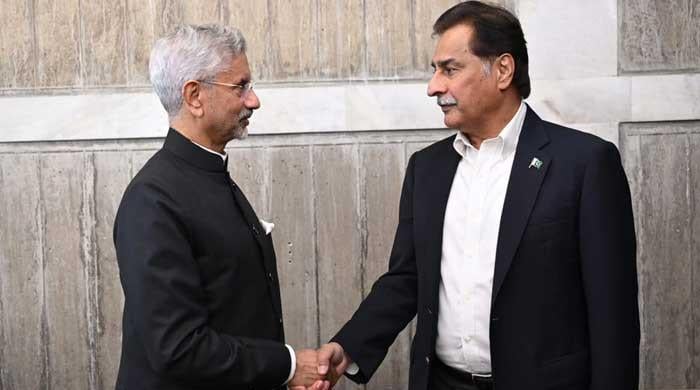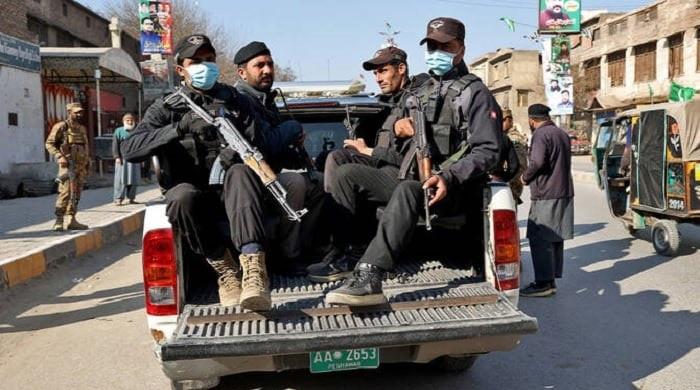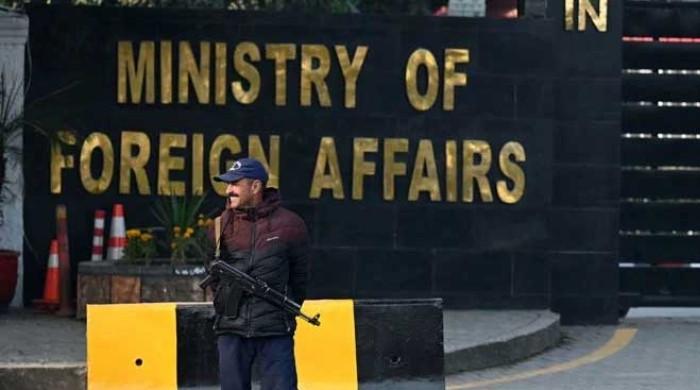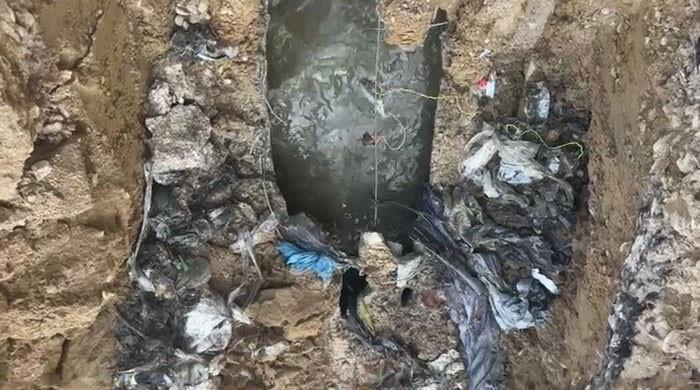Engagement with Afghans will reinforce security, prevent mass exodus: PM Imran Khan
In call with UN secretary general, PM says opportunity to finally end 40 years of conflict in Afghanistan must be seized
September 04, 2021
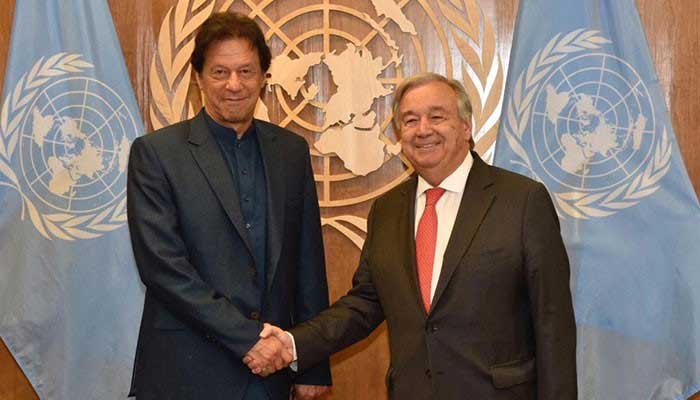
ISLAMABAD: Prime Minister Imran Khan on Saturday once more stressed on the need for the international community to engage with Afghans, saying that such a move will not only reinforce security, but prevent a mass exodus of people from Afghanistan, thus stemming a refugee crisis.
His remarks came during a telephone call with Secretary General of the United Nations, Antonio Guterres.
According to a statement by the Prime Minister Office, the premier highlighted the importance of peace, stability and an inclusive political settlement in Afghanistan.
He stressed that the opportunity to finally put an end to 40 years of conflict in Afghanistan "must be seized by enabling the Afghans to achieve lasting peace, security and prosperity".
"The prime minister underscored the need for the international community to become more engaged with Afghanistan, according urgent priority to addressing the humanitarian needs and ensuring economic stability," read the statement.
He noted that such steps would not only reinforce security but also preclude any mass exodus of Afghans from their country, thus preventing a refugee crisis in Afghanistan.
According to the statement, PM Imran Khan appreciated the vital role of the United Nations in delivering much needed humanitarian assistance to the Afghan people. He also highlighted Pakistan's efforts to facilitate the UN by assisting in evacuation and relocation efforts.
Assuring Secretary General Guterres of Pakistan’s continued cooperation with the UN in the fulfilment of its mandate, the prime minister "reaffirmed Pakistan’s full support for the smooth operation of United Nations’ humanitarian mission for Afghanistan", the statement said.
A day earlier, in a meeting with UK Secretary of State for Foreign, Commonwealth, and Development Affairs Dominic Raab on Friday, PM Imran Khan stressed on the need for the international community to stand in solidarity with the Afghans.
He also warned about the role of "spoilers", both inside and outside Afghanistan, which could destabilise the situation.
Pakistan's diplomatic efforts for engagement with Afghans
In recent days, Pakistan has engaged in a range of diplomatic efforts to get both regional and Western powers to work with the soon-to-be-formed Afghanistan government in the interest of regional stability as well as humanitarianism.
Foreign Minister Shah Mahmood Qureshi undertook a four-nation tour to Tajikistan, Uzbekistan, Turkmenistan, and Iran to exchange views with them regarding the evolving situation in Afghanistan.
Tajikistan President Emomali Rahmon accepted Pakistan’s proposal for adopting a cohesive approach in achieving the goal to establish peace and prosperity in Afghanistan.
Qureshi, at the conclusion of his tour, said that the neighbouring countries are "fully aware" of the situation in Afghanistan and they are "realistic" about it.
UK foreign secretary Raab and Qureshi also agreed on the importance of engagement with the Afghans.
"We do see the importance of being able to engage and having a direct line of communication," said Raab, in a joint press conference with Qureshi in Islamabad.
Qureshi also held similar conversations with his German and Dutch counterparts.
German Foreign Minister Heiko Maas welcomed the Afghan Taliban's recent statements in which they have promised no retribution and assured to uphold human rights in the country.
Haas said it would be better if a broad-based, inclusive government was formed in Afghanistan.
Dutch Foreign Minister Sigrid Kaag said the European Union will hopefully put together a new strategy on how to deal with the possible risk and continue to build a counter-terrorism strategy to focus on humanitarian needs to ensure that requirements of the people of Afghanistan, women and girls, ethnic minorities, young men and women are met.
In an interview with Sky News this week, Qureshi had said that the international community has to weigh its options now — whether to choose engagement or isolation when it comes to Afghanistan.
Of isolation, he said: "It's a dangerous option. That's an option of abandonment, of Afghan people. Of people. I'm talking of the people.”
“That's the mistake that was committed in the 90s. I would urge the international community not to repeat the same mistake again,” he said, adding that if this happens “it could lead to a civil war, things could become chaotic, there could be anarchy”.
He said that will moreover give space to "the organisations that we all dread", the international terrorist organisations whose footprint we do not want growing.
When asked whether he wants the international community to recognise the Taliban as the legitimate rulers of Afghanistan, the federal minister said that he only feels that it is important to "engage" with the Taliban because the “consequences of disengagement are far worse.”




